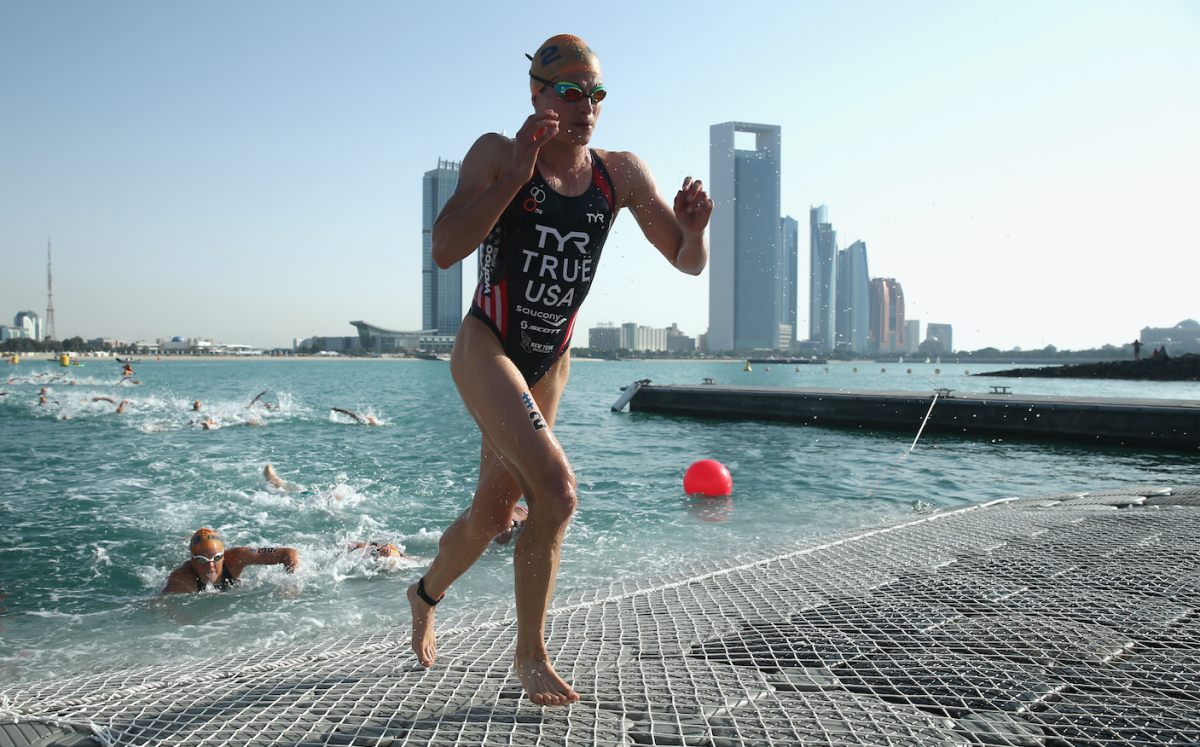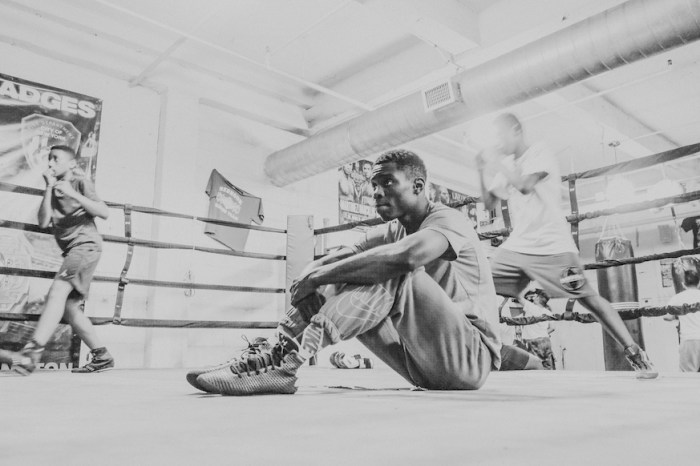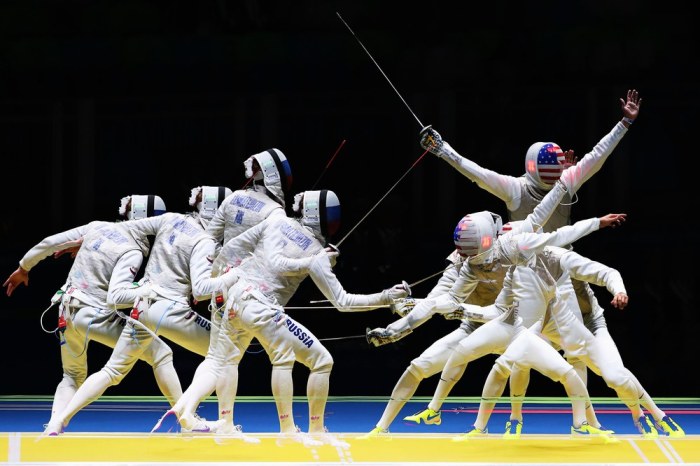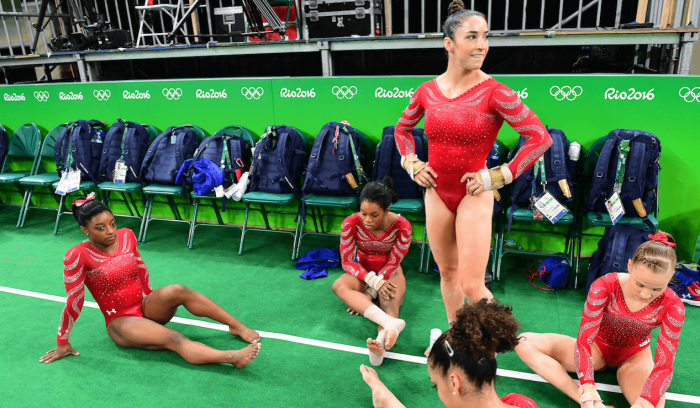Two things have changed for triathlete Sarah True since the 2012 Olympics: her speed and her last name.
True finished fourth in London four years ago, missing the podium by 10 seconds. Since then, she’s amassed quite a collection of medals and accolades.
Formerly known as Sarah Groff, she also got married to professional runner Ben True in 2014.
“Last time around, I was simply happy to be an Olympian, to be part of the Olympic experience,” True said on a recent media call. “When I finished a very close fourth place, it made me realize that I was a potential medalist. It absolutely reframed how I saw myself as an athlete. For the past four years, I have been training to be in the medal mix in Rio.” The other half of her training since London, at least mentally, was the hope of qualifying for Rio with her husband, who competes in track & field. Unfortunately, that part of the equation didn’t work out after Ben came up short of qualifying in the 5,000 meters at the Olympic Trials. “It’s still pretty raw for both of us,” said True, who was born in Hanover, N.H. She grew up in Cooperstown, N.Y. but now lives back in Hanover.
RELATED: Sherborn, Mass. native Dershwitzready to carve up Rio Olympics “This is something that the person I love has worked for for years. For the last four years, I’ve had this vision of the two of us going to the Olympics together and experiencing it as a married couple.” True quickly had to change her mindset and, as she put it, completely focus on herself and her own Olympic aspirations. Her post-London resume indicates her chances of leaving with some hardware are pretty strong. True ended the 2014 season as the No. 2-ranked athlete in the world rankings, and the following year she was third. Her first career win on the ITU World Series came in Stockholm, Sweden in 2014. She won the same race a year later. There are several race distances in the sport of triathlon. The Olympic distance involves swimming 1,500 meters in open water, cycling 40 kilometers (24.8 miles), and running 10 kilometers (6.2 miles). A lot can happen during a race, which the elite women finish somewhere around 2 hours. The cycling portion is draft-legal, meaning there are no restrictions as to how close the athletes can be to each other. Drafting, like in road cycling, is a big part of the sport. True punched her ticket to her second Olympics last August at the Olympic test event on the Rio course. She said having a full year between qualifying for and competing at the Games suits her strengths. “I’m the kind of athlete who really does well with one specific peak. For me, having had previous experience in 2012, being able to qualify in August 2015 meant that I would be able to have my best possible [preparation] going into the 2016 Olympic Games,” True said. True noted that she’s become a better racer since 2012, which came from simply racing more often. As for Rio, she doesn’t have a specific goal in mind but knows she can put herself into contention to earn a medal. “It’s a very strong field and it’s going to be an incredibly hard race, so I can’t go down with any sort of expectations for results,” True said. “But I do want to go down there and race as if I’m a medal contender. “I want to be in the mix. I proved to myself in 2012 I’m capable of being in the medal mix.”
Summer Olympics previews: NH’s Sarah True with medal potential in triathlon

Getty Images
























